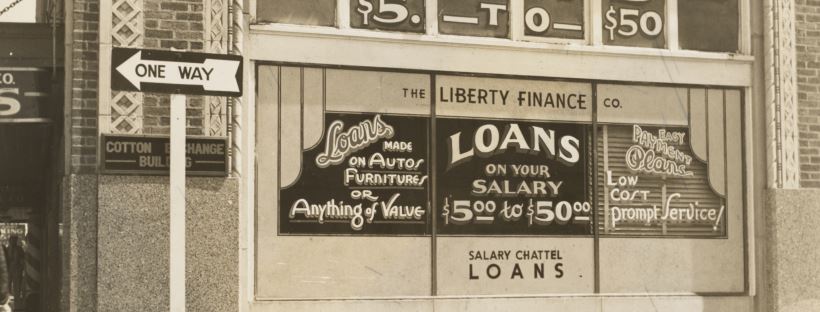My Credit Score Isn’t That Great and I Want to Improve It. Where Do I Start?

Improving your credit score is a great goal; it impacts so many things in your financial life. Credit scores are based on data reported by your creditors to the credit agencies; Equifax, TransUnion, and Experian. These scores are used by credit card issuers and other lenders to decide if they will lend you money and what interest rates to charge you (the better your score the more likely you are to be approved and the better rates you will qualify for.) Credit scores are important when you want to buy a home, a car or even open your own business. Insurers also use credit scores to set premiums for auto and homeowners coverage. Potential employers or landlords, as well as cell phone and utility companies may look at your score to determine whether to do business with you. Creditors don’t just trust you that you’ll pay them back, they look at your credit history to see whether you have a history of paying on time.
Your credit scores (yes, plural; each credit agency calculates their own) are usually available for free from several sources including your bank, credit card issuer or other lenders. To improve your score, it’s important to understand the five components and how each impact your score. There are different scores that use different formulas that aren’t made public, but they look at the same basic information and all break down approximately as follows.
Payment History (35%) is the best place to start to improve your score.
It is the most heavily weighted because it has been found to be the best predictor of future behavior. It is comprised of your credit payment history; in other words do you pay what you owe on time, and in full, every time? It also includes any bankruptcies, collection items, or delinquencies and how long these have been outstanding, if they are still past due or are currently being paid. The number one thing you can do to improve your credit score (and keep it high) is to make all of your payments on time and in full, every time. If you have any payments that are past due, bringing them up to date will keep your score from getting worse; the longer items are past due, the larger the impact they have on your score.
Credit Utilization (30%) is the next place to focus.
This is the amount of credit you are using out of the total credit available to you. An example is a single credit card with a $5,000 credit limit. If you have a $2,500 balance on that credit card that means you’re using 50% of your available credit so your credit utilization is 50%. Lenders want to see credit utilization (across all lines of credit) at, or below, 30%. To improve or maintain your credit score, make mid-month payments on your credit cards to keep the balance (utilization) low. Your balance might be reported mid-month, so even if you’re paying off your cards in full at the end of the month your credit report could show you carrying a balance. Also, don’t close old credit cards as that reduces your total credit available. Just cut them up or put them away and leave the line of credit open (unless there’s a monthly fee, then consider the tradeoff you’re making.)
Length of Credit History (15%) tells creditors how long your accounts have been open and the average age of all your accounts.
Both open and closed accounts are included. While average credit age matters, you can’t do a lot about it other than keeping your accounts in good standing.
Credit Mix (10%) is the different types of credit accounts you’ve had.
This includes credit cards, mortgage, auto loans, student loans, personal loans, etc. Having a credit card and managing it responsibly can improve your score more than not have a credit card at all. It may be tempting to think that applying for different types of credit could improve your credit score, but credit mix is a relatively small part of your score and numerous new credit requests affect other parts of your score in a negative way. Which brings us to….
New Credit (10%) considers how much credit you have recently applied for.
New credit inquiries (hard inquiries, not soft) generally decrease your score because it signals to lenders you may be planning to increase how much you owe to other lenders, which increases their risk. When shopping around for the best rates and applying for any type of new credit (cards, mortgage, auto loan, student loan, etc) group your inquiries together within a short time frame (15-30 days) to reduce the impact to your score. In many cases, grouping means your shopping around will be viewed as a single inquiry, not multiple.
Lastly, since your credit score is based on the information in your credit report, be sure to review your report at least annually to ensure it’s correct. Errors do happen, and it’s up to you to find and report them. You can get one free credit report from each of the credit agencies once a year through annualcreditreport.com. You can request all three at once (one from each agency) or you can spread them out through the year.